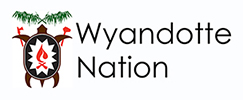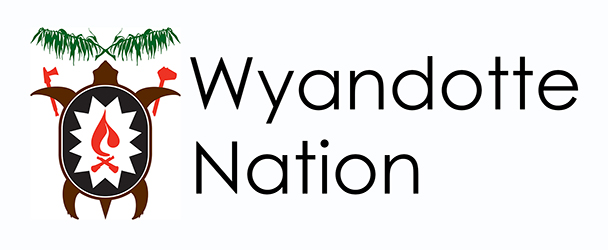
Environmental Department activities include recycling, educational events, water sampling, and more. We also host an annual Environmental Festival and Tire Collection event.
Both Surface water and drinking water is sampled for quality in our tribal jurisdiction. Under the NPS program, area septic systems are inspected and we completed one septic improvement.
The Department manages three EPA programs which are now rolled into a Performance Partnership Grant or PPG.
We also manage the Lost Creek Recycling Center (See Below).













